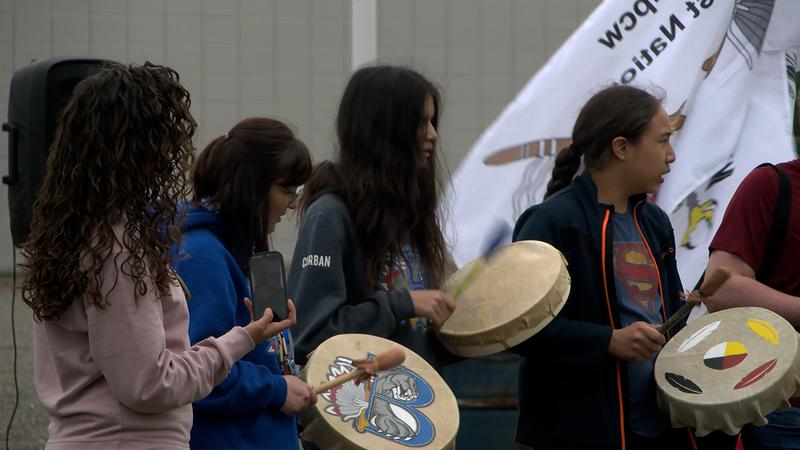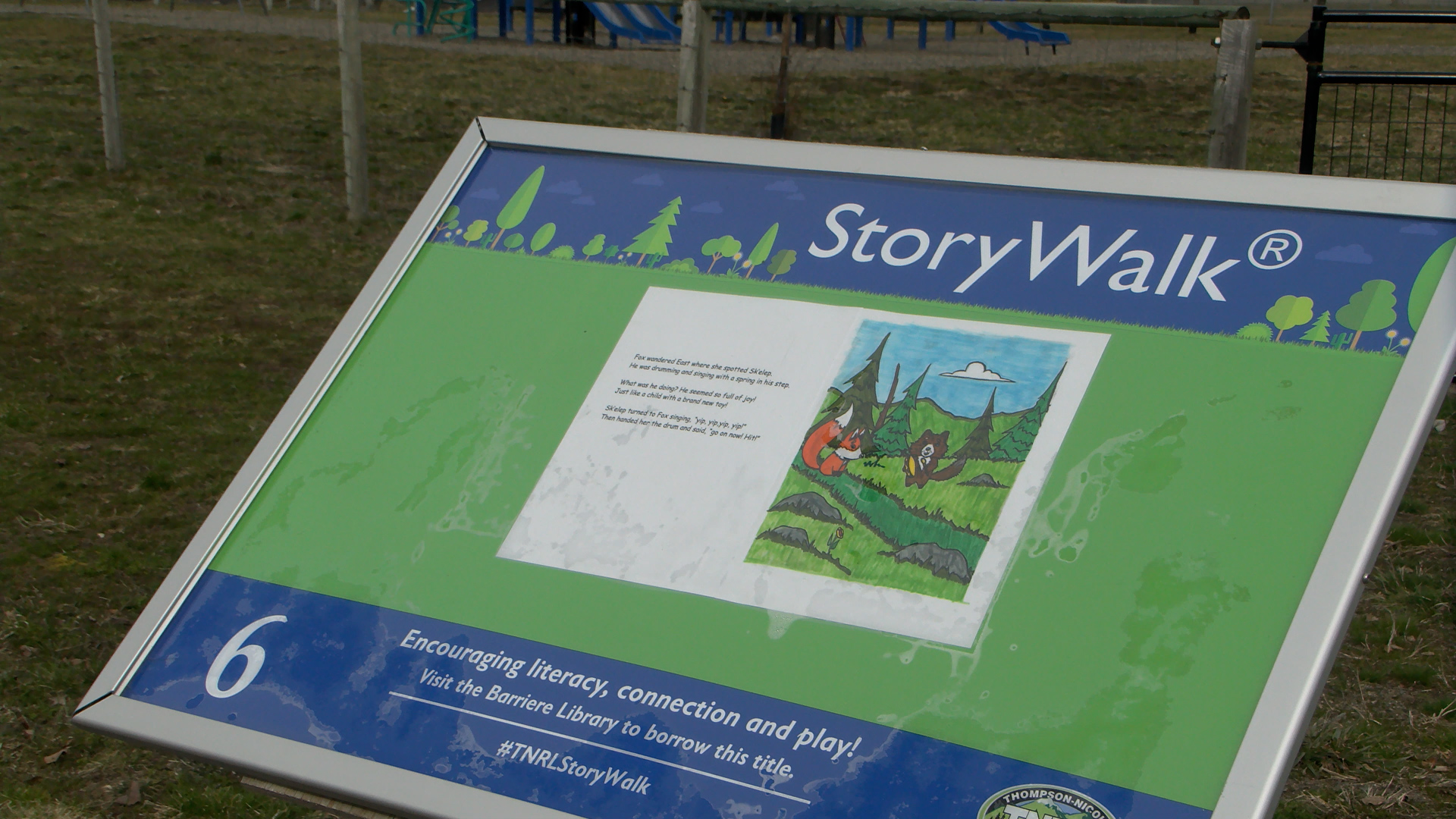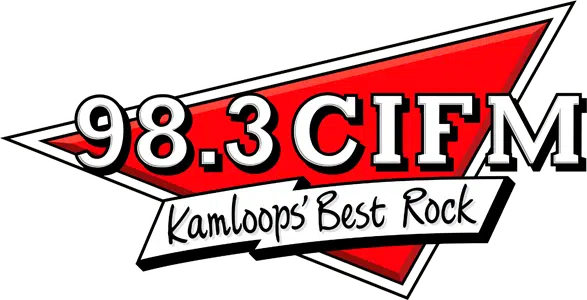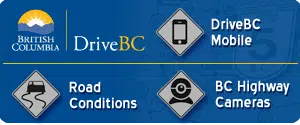Barriere students recognize Secwépemc lands and people on the Day of Sucwentwécw

BARRIERE, B.C. — The Day of Sucwentwécw, which means “Acknowledging One Another,” is an annual initiative held on April 7 throughout School District 73, to recognize and celebrate the Secwépemc People and other Aboriginal people residing within the Secwépemc Territory.
On Thursday, CFJC Today visited Barriere — a community located in the territory of the Simpcw First Nation — to learn more about the annual event.
Across School District 73, students and staff are celebrating the Day of Sucwentwécw. It’s an opportunity for those students to acknowledge they live and learn on unceded land.
“Simpcwúl’ecw te Secwépemcúl’ecw — we are on Simpcw territory. However, a bigger part of the Shuswap nation, which all of School District 73 resides in,” Alison Green, Simpcw First Nation Councillor explains to the students of Barriere Secondary School.
Ava Jules is in Grade 10 at Barriere Secondary School. She sees the positive impact the Day of Sucwentwécw has had, especially after the confirmation of the possible burial site at the former Kamloops Indian Residential School site.
“I think I’ve seen a bunch of people’s opinions really change on like, what’s going on and how it affects the land that they’re sitting on,” Jules says.
Indigenous education has certainly become more of a priority in the past several years — from the secondary level all the way down through elementary school.
Just down the road, students from Barriere Elementary were taking in the library’s Story Walk — with a special book that’s been added just for today’s event titled “Fox’s Journey of Well Becoming.” The book was written especially for this day by Trudi Nielsen and illustrated by George Ignace.
 Image Credit: CFJC Today
Image Credit: CFJC Today“It’s a particularly wonderful story of Fox’s journey through her mental health issues,” Pam Rudd, Branch Head at the Barriere Library explains. “I think it’s something we can all relate to at this time.”
For Alison Green, who graduated from Barriere Secondary School over a decade ago, events like the Day of Sucwentwécw didn’t happen when she was a student.
“There wasn’t really an acknowledgement. There wasn’t any reconciliation happening. There wasn’t any sense or knowledge of where people resided,” Green says. “For people to learn this information, to know who we are and where are — to acknowledge it is very important.”
For students like Ava Jules, being part of the generation helping to change the conversation around Indigenous people in Canada is a positive thing.
“I really like it,” she says. “I think it’s really empowering as a student to do these kinds of things in the school, as it wasn’t done before — that I’m aware of.”
Acknowledging and celebrating that history and culture in schools can only help spread the truth — which should further the reconciliation process.



